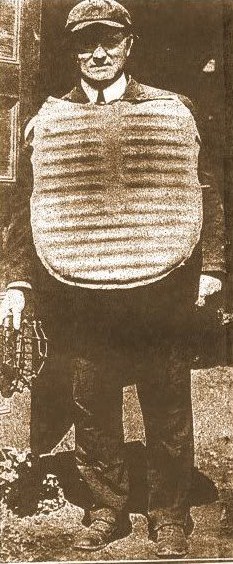After seeing how bungled the instant replay and home plate collision rule changes have been in Major League Baseball, I prefer we wait for any more alterations to the game until Bud Selig has actually and finally retired. I’ve said before I’m in favor of balls and strikes being called robotically because of the high fail rate of umpires. The best of the men in masks are wrong on 9% of those calls and the worst 14% of the time. If the latter figure is acceptable, then maybe an umpire could be wrong 20% of the time here and there and not have it seem unusual. That could lead to games being fixed.
Which isn’t to say that any of the current MLB umpires would ever do such a thing, but subconsciously they’re swayed by something other than money: the reputation of the players. From Eric Chemi at Businessweek:
“The adage ‘your reputation precedes you’ neatly summarizes what we all suspect: People with better reputations often get the benefit of the doubt when they need it. Just how much reputation matters is open for debate, but two business school professors have taken a good shot. Using two years of data from Major League Baseball, Jerry Kim of Columbia University and Brayden King at Northwestern University found that behind-the-plate umpires are reliably more generous in their calls with highly regarded pitchers than they are with average hurlers (pdf).
The systematic bias persists, the researchers say, in spite of strong disincentive. Behind-the-plate umpires are quantitatively graded on their accuracy, and these grades help determine lucrative playoff assignments. Even so, for pitches hitting the exact same location, umpires are more likely to call a strike if the pitcher has a better reputation. More All-Star appearances means fewer called balls”

